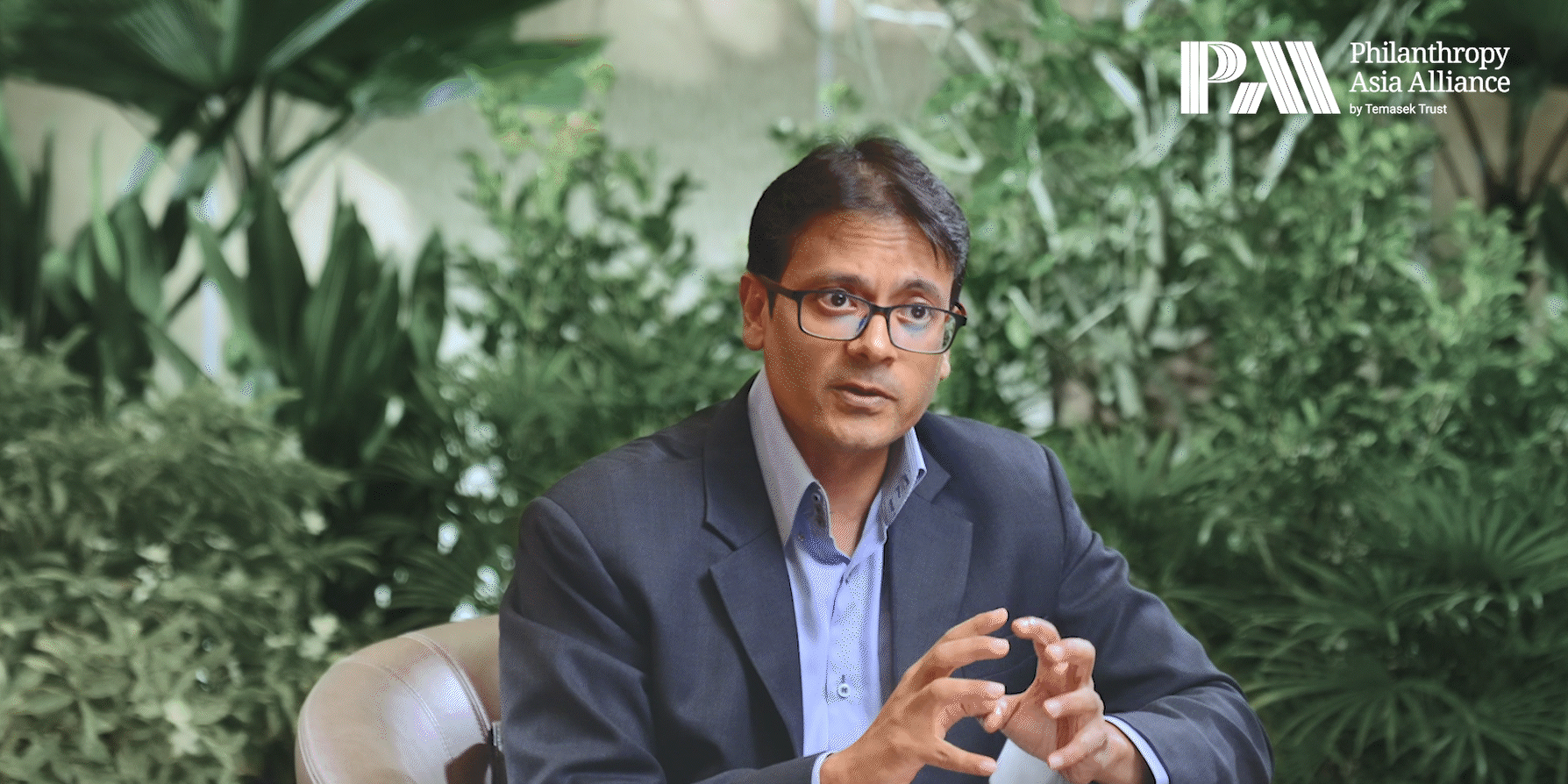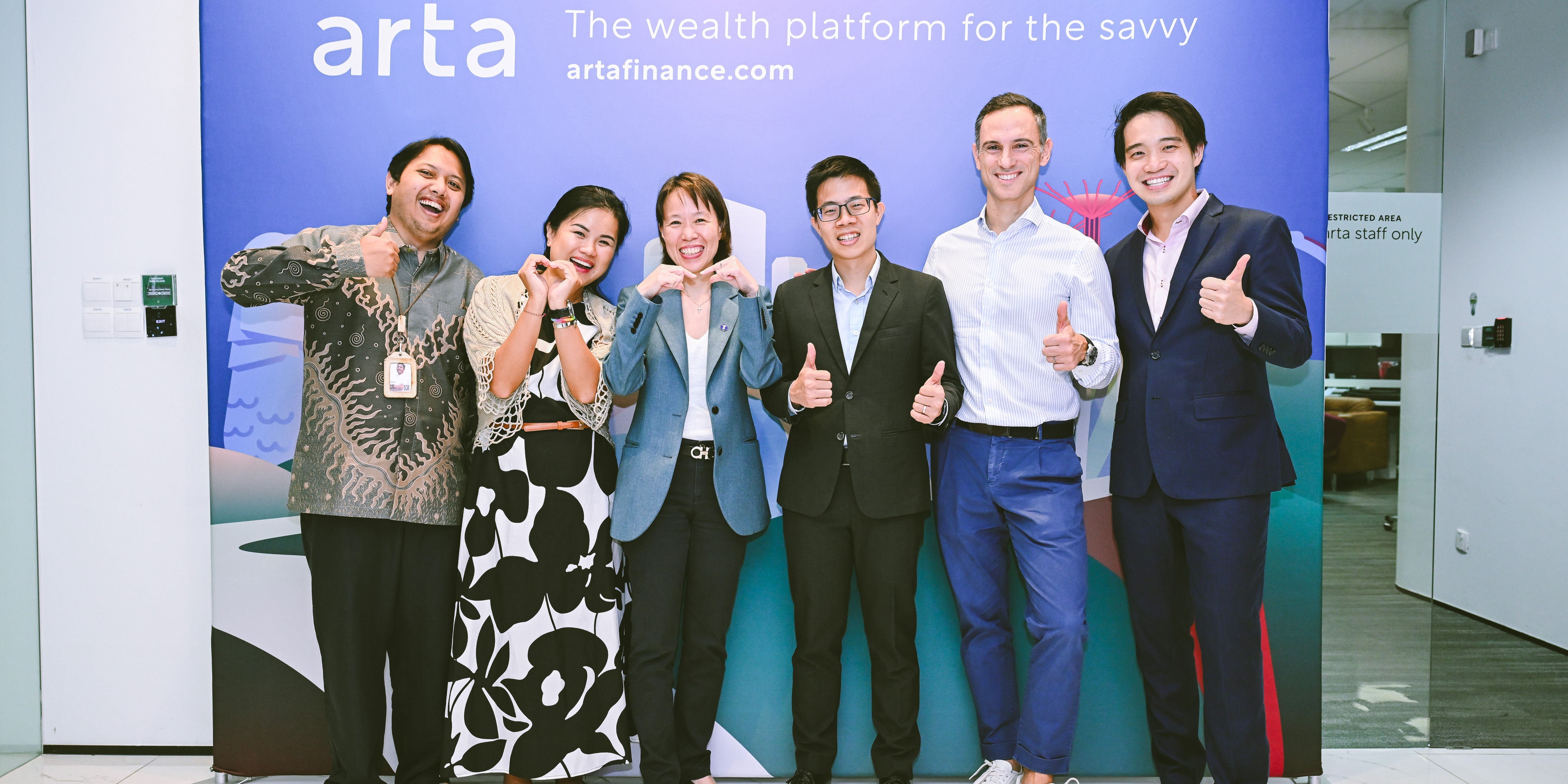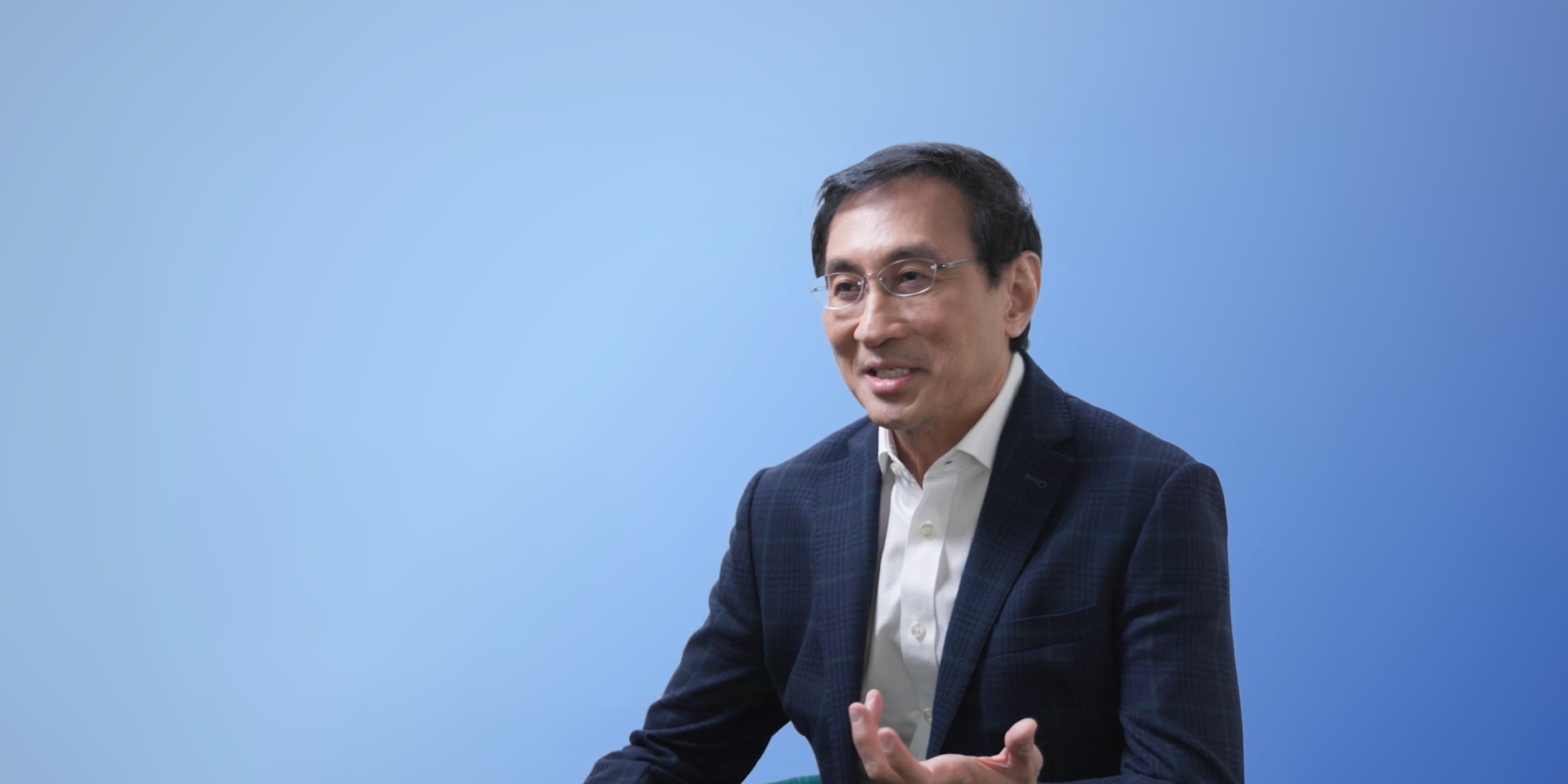What if the key to solving our most pressing and complex global challenges lies in changing how we see the world?
At a time when issues such as climate change, education inequity, and public health crises are deeply interconnected, the value of systems thinking is particularly clear.
Systems thinking enables us to view these challenges not as isolated problems, but as interwoven parts of a larger whole. By understanding these intersections and how issues influence one another, we can craft holistic, sustainable solutions that address not just symptoms but also root causes. This, in turn, creates a thriving ecosystem and leads to greater, lasting impact.
In the latest edition of PAA Chats — a thought leadership series by the Philanthropy Asia Alliance (PAA) — valued members and partners of the Alliance share their insights and experiences of driving and scaling impact through a systems lens.
PAA is a Temasek Trust initiative to promote collaborative philanthropy and prime Asia as a force for good.
Insights from PAA Chats
Professor Lutfey Siddiqi, Visiting Professor-in-Practice at The London School of Economics, points out the critical need for more targeted education to equip individuals for systems change.
He highlights the International Baccalaureate Diploma's pilot curriculum, which has the potential to scale globally and enable students around the world to learn how to navigate, lead, and influence systems.
Prof Siddiqi also discusses the importance of creating new asset classes to address market failures in climate and nature investment: “The challenge is to recognise why it is that what needs to be done does not get done. And that requires disentangling a complex system."
Mr. Robert Rosen, former Director of Philanthropic Partnerships at the Bill & Melinda Gates Foundation, says the key to creating a more effective philanthropic ecosystem is to invest in all the necessary conditions to enable philanthropists to thrive.
Highlighting the importance of a systems-level approach to philanthropy, he notes the role of intermediaries such as the PAA in empowering givers. Fostering collaboration, harnessing data, cultivating talent, and supporting enabling policies can help unlock philanthropy’s full potential to drive positive change.
(Mr Rosen stepped down from the Bill & Melinda Gates Foundation on 1 July 2024 after serving as Director for a decade. He was responsible for managing the Philanthropic Partnerships Team at the Foundation.)
Is philanthropy evolving to create greater impact through collaboration and systems thinking? Mr. Benedict Cheong, Chief Systems Integration Officer at Temasek Trust, explores how these principles are driving more effective solutions in sustainable development.
He shares that Asian philanthropy has shifted towards outcomes-based giving, as corporates and family foundations seek measurable impact. Systems thinking can be the next iteration.
Using education as an example, he explains how systems thinking connects individual interventions — such as teacher training, curriculum development, and policy advocacy — into a cohesive strategy for long-term success.
Join the conversation
PAA Chats brings together leading voices across the global philanthropic, public, and private sectors for thought-provoking discussions. Discover expert insights on the latest trends in philanthropy and how PAA’s network of members and partners are driving positive change in their communities.
Watch the PAA Chats series on YouTube. For the latest on PAA, check out its LinkedIn.
To stay updated on the Temasek Trust and our ecosystem, follow us on LinkedIn, Instagram, Facebook, and YouTube.



